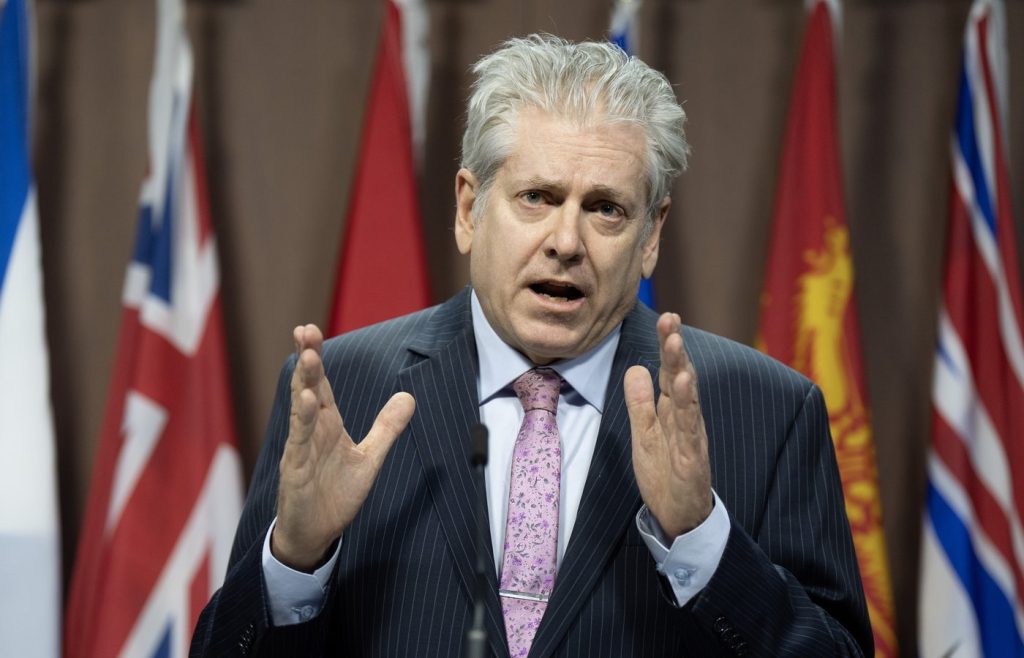OTTAWA — The New Democratic Party (NDP) faced a drastic electoral defeat, attributed to a leader-centered campaign that alienated its traditional supporters, according to former Member of Parliament Charlie Angus. After over two decades representing the northern Ontario riding of Timmins—James Bay, Angus described the recent election results as a “catastrophic loss,” emphasizing that the focus on party leader Jagmeet Singh overshadowed the promotion of policies vital to the party's identity.
Angus criticized the NDP's approach, stating, “We stopped being the New Democratic Party of Canada some time ago and we became a leader-driven movement.” He asserted that the party failed to present substantial economic and political solutions during a time of significant crisis, instead choosing to promote Singh's personality and style.
Despite the NDP aiming to retain its incumbents, the Conservatives successfully garnered support from several trade unions and blue-collar voters, leading to the NDP losing all of its Members of Parliament (MPs) in Ontario’s manufacturing towns. The NDP’s representation in the House of Commons dwindled from 24 seats to just seven, and Singh, among those who lost their seats, is now stepping down as party leader. In the latest election, the NDP secured only 6.3 percent of the national vote, a steep decline from 17.8 percent in the 2021 election. The party is now at risk of losing its official status, which has not been seen since 1993.
During the campaign, a visit by Singh to Windsor, Ontario, demonstrated the party's faltering connection with union members. While some autoworkers welcomed him, many either ignored him or expressed their preference for Conservative Leader Pierre Poilievre. One worker even voiced support for former U.S. President Donald Trump, highlighting the disconnection between the NDP and traditional labor voters.
Matthew Green, previously representing Hamilton Centre for the NDP, remarked that the electoral race had been simplified into a two-party contest, which made it “all but impossible” for the NDP to penetrate the political landscape. He noted that the climate of panic regarding Trump's trade policies may have prompted voters to shift toward the Liberals. Green emphasized the need for the NDP to reestablish its core identity, stating, “I think our work is a search for and reconstruction of the soul and the core identity of our party.”
Angus suggested that the NDP had lost touch with grassroots constituents and must return to its foundational practices, such as organizing regular regional meetings in community halls. He stressed, “You can have all the data-driven stuff you want... but that’s not the same as being in the communities.” He further criticized the party's inadequate outreach strategy, emphasizing that reliance on past electoral successes was insufficient.
Bea Bruske, president of the Canadian Labour Congress, pointed out that the NDP received endorsements from prominent unions, but the Conservatives enjoyed considerable support from smaller local unions. She argued that it is crucial for the NDP to reconnect with everyday workers by addressing significant issues such as the rising cost of living and healthcare accessibility.
Former NDP strategist Jordan Leichnitz noted that while the Conservatives did not attract many union leaders' endorsements, they made gains among the rank-and-file union members. She claimed the trend of working-class voters gravitating toward right-wing parties is not unique to Canada but part of a broader international pattern. Leichnitz highlighted the necessity for the NDP to engage with these voters effectively in future campaigns.
Prospective candidate Nathan Cullen, previously an NDP MP, has emerged as a potential successor to Singh's leadership role. He emphasized the need for the party to extend its reach beyond union executives and engage directly with labor workers. Cullen reflected, “That support we can win back.”
Political-science professor Emmett Macfarlane from the University of Waterloo acknowledged Poilievre's effective engagement with blue-collar workers and emphasized his role in securing relationships with this demographic. Macfarlane observed that these Conservative-leaning union members are often employed in sectors affected by international trade issues, feeling neglected by the Liberal government. He concluded that the NDP's new leader will need to initiate a substantial rebuild to reclaim its historic support base.
As the political landscape shifts, the former NDP president Anne McGrath highlighted the need for the party to choose a leader capable of hard work and commitment to the core values of social democracy. With the NDP caucus meeting to strategize their next steps, the party faces the daunting challenge of revitalizing its organization and reconnecting with its base amidst significant electoral setbacks.











